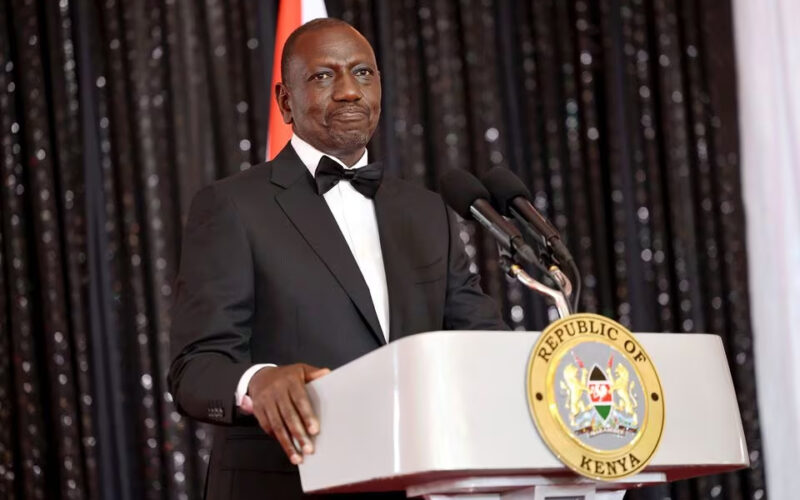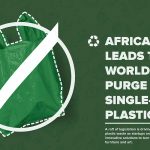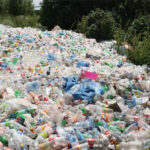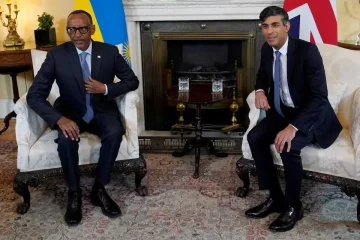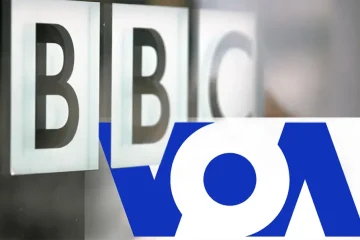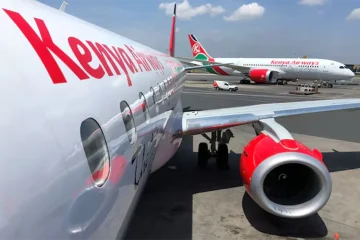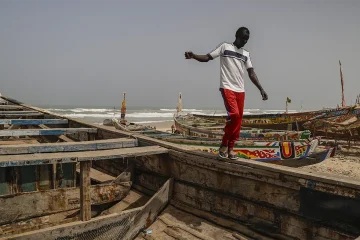NEGOTIATORS working on the world’s first treaty to curb plastic pollution need to hurry up and strike a deal, Kenyan President William Ruto said at the start of talks in Nairobi.
The world produces about 400 million metric tonnes of plastic waste annually and less than 10% of it is recycled, according to the U.N. Environment Programme.
At least 14 million metric tonnes end up in the ocean every year, the International Union for Conservation of Nature says, while more piles up in landfills.
International delegates meeting in the Kenyan capital Nairobi for the third round of talks will consider a list of possible measures to include in the treaty.
“I urge all the negotiators to recall that 2024 is only six weeks away and (there) are only two other meetings to go,” Ruto said at the opening of the talks.
Governments agreed in March 2022 to put together a treaty on controlling plastic pollution by the end of next year.
In Nairobi, delegates will be haggling over whether to stick to their broad mandate of addressing the entire life cycle of plastics, including production or to prioritise plastic waste management.
The talks need to come up with a first draft agreement, outlining commitments to reducing the plastic menace, and a financing scheme for its implementation, said Carroll Muffett, president of the Centre for International Environmental Law.
“We need to navigate extraordinary risks over the week ahead,” he said, citing attempts to derail and delay the talks by some member states in previous rounds.
Kenya is among those who want a strong, binding agreement on the manufacture and use of plastics, having enacted several laws banning certain uses of plastics, such as for shopping bags, since 2017.
“We must change the way we consume, the way we produce and how we dispose our waste,” Ruto said. “Change is inevitable. This instrument that we are working on, is the first domino in that change. Let us bring it home.”
The plastics industry and oil and petrochemical exporters like Saudi Arabia do not want plastic use curtailed, arguing that the global deal should promote improved recycling and reuse of plastic.
“The vast majority of countries are eager to advance the negotiations to get the job done,” said Pamela Miller, Co-Chair of the International Pollutants Elimination Network, a global public interest organization.
“On the other hand, a small group of like-minded countries of mainly major fossil fuel, petrochemical and plastic exporters like Saudi Arabia and Russia are actively attempting to take us backwards.”
Saudi and Russian delegates were not immediately available to comment.

